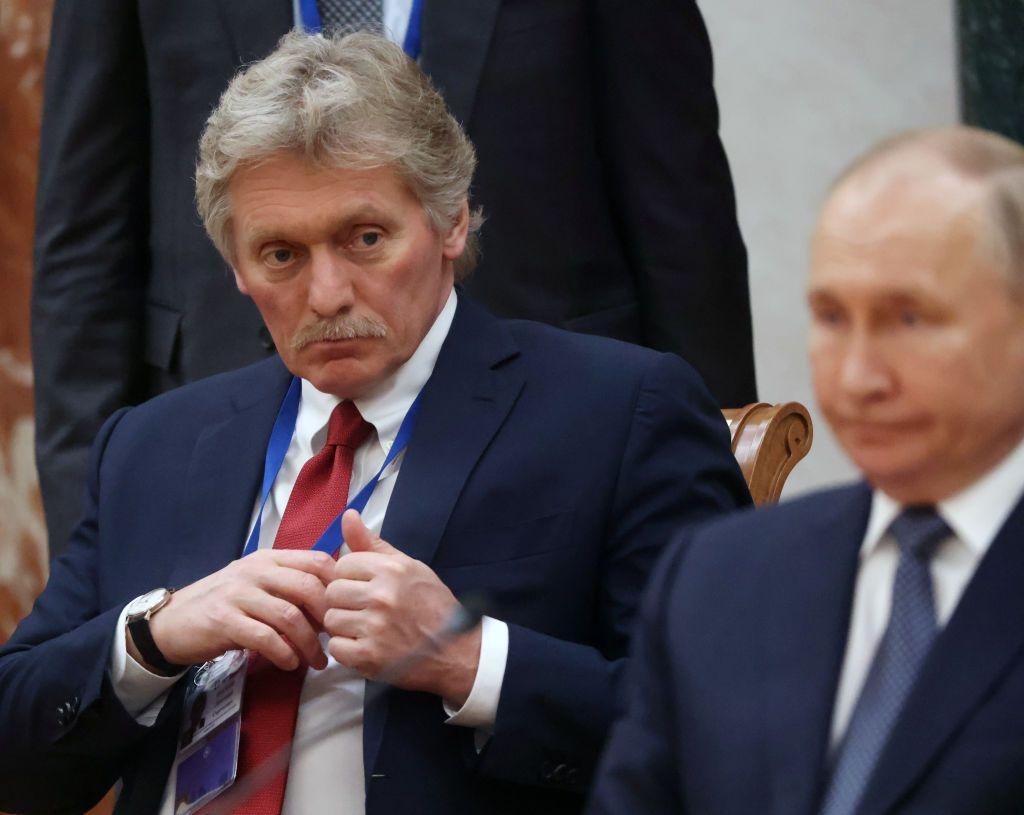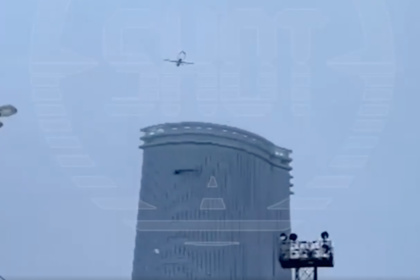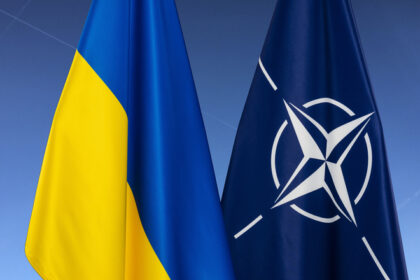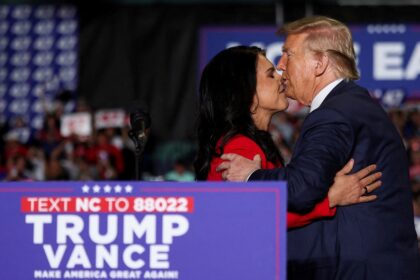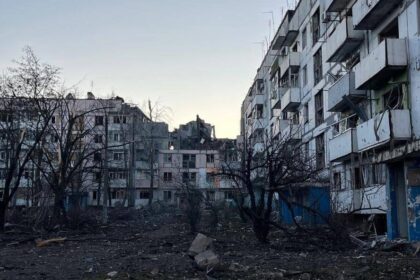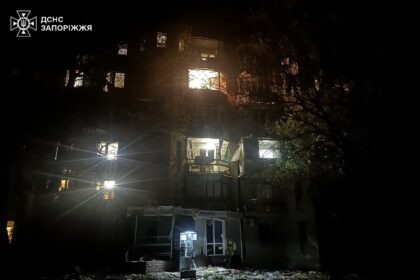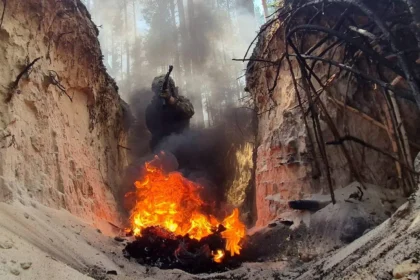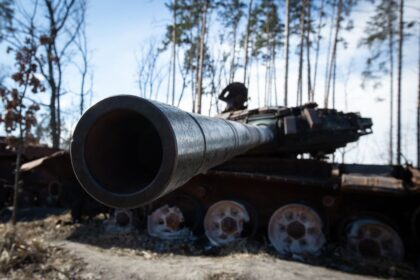**Russia Unyielding in Ukraine War, Kremlin Says**
The war between Russia and Ukraine shows no signs of ending anytime soon. Russian President Vladimir Putin remains focused on achieving his goals on the battlefield, a Kremlin spokesperson said recently.
Dmitry Peskov, the Kremlin’s top spokesperson, made it clear that Moscow is not willing to compromise on its demands for peace. “Our main goal is to achieve our objectives,” he stated. “We have clear goals and we will not give up until they are met.”
Russia’s maximalist demands include Ukraine recognizing Russia’s annexation of Crimea and four other Ukrainian regions, as well as demanding the withdrawal of all Ukrainian troops from these territories. The Kremlin has also insisted that Ukraine dismantle and destroy all Western-supplied weapons.
Ukrainian President Volodymyr Zelensky has proposed a new round of peace talks with Russia for next week. However, Russia has shown no signs of willingness to compromise on its demands.
This refusal to hold credible peace talks has angered US President Donald Trump, who has threatened Moscow with 100% tariffs unless a deal is reached within 50 days. Despite this, three sources close to the Kremlin told Reuters that Putin remains determined to continue the war against Ukraine until the West agrees to peace on his terms.
The stalemate in negotiations has left many wondering if a ceasefire will ever be achieved. As one expert noted, “The process of finding a peaceful solution is long and complicated. It requires effort from both sides.”
**Commentary**
Russia’s refusal to compromise on its demands for peace is a worrying sign that the war between Russia and Ukraine may drag on for much longer than expected. The Kremlin’s focus on achieving its goals on the battlefield has led to a stalemate in negotiations, with no clear signs of progress towards a ceasefire.
This development is particularly concerning given the humanitarian costs of the war. Civilians have borne the brunt of the fighting, and many are now struggling to access basic necessities like food, water, and healthcare.
**Analysis**
Russia’s maximalist demands for peace reflect a broader strategy aimed at weakening Ukraine’s international ties and limiting its sovereignty. By insisting on recognition of Crimea as part of Russia, Moscow seeks to legitimize its annexation of the peninsula.
The Kremlin’s refusal to compromise also suggests that Putin is confident in his ability to achieve his goals through military means. This confidence has led to a hardening of lines on both sides, making it increasingly difficult for negotiators to find common ground.
As tensions between Russia and Ukraine continue to escalate, the international community must remain vigilant. The humanitarian costs of this war are already staggering, and a prolonged conflict could have devastating consequences for civilians in Ukraine and beyond.
**Next Steps**
The proposed new round of peace talks between Russia and Ukraine is expected to focus primarily on prisoner exchanges. However, given the lack of progress towards a ceasefire, it remains unclear if these talks will yield meaningful results.
In the meantime, the international community must continue to push for a peaceful resolution to this conflict. Diplomatic efforts must be intensified, and economic pressure applied to Moscow until it is willing to compromise on its demands for peace.




